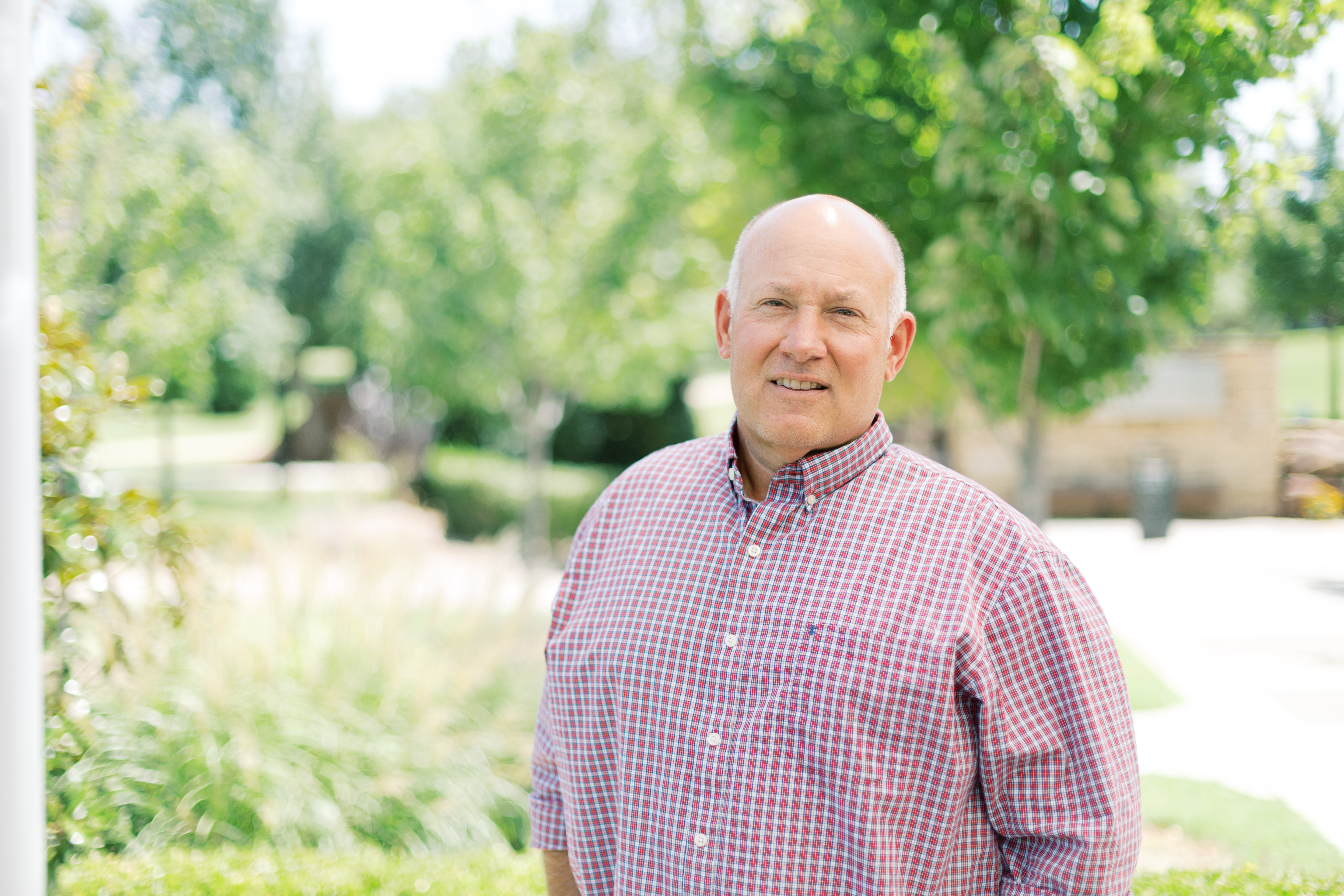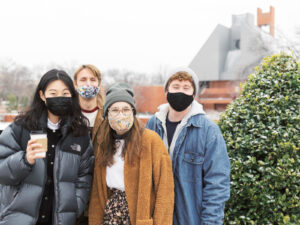“You know what’s changed for counseling? We’ve never been so busy, that’s what’s changed.”
This was Summer Lashley, director of Oklahoma Christian University’s ethos program and therapist for Journey Counseling, sharing her experience as a counselor during COVID-19. Much has changed since March 2020, and it’s clear that national mental health is no exception. According to the Kaiser Family Foundation, 41.1% of American adults report symptoms of anxiety or depressive disorders, up from 11.0% in January 2019.
Oklahoma Christian is no exception to this phenomenon. Sheldon Adkins, director of the Oklahoma Christian counseling center, said he and his colleagues are seeing more students who are experiencing anxiety and depression at a higher intensity.
“This is an anecdotal observation, but it appears that students who meet with me or other therapists are specifically experiencing higher levels of anxiety,” Adkins said. “The pandemic has contributed to feelings of uncertainty and concern that is feeding into the anxieties of people everywhere. Even regular stressors like schoolwork, jobs and graduation carry more weight now than they did previously.”
When asked about the “why” behind the increase in pandemic-related mental health issues, Lashley offered several theories.
“I think lockdown forced many of us to reflect and take notes of our life’s circumstances,” Lashley said. “Additionally, the pandemic itself is an event we’ve never experienced in our lifetimes. The way that our brains work is that we process challenges we face by drawing on past experiences that we’ve had. When we’ve never had anything to compare this challenge to, our brain doesn’t have a place to file this experience, which can create uncertainty and anxiety.”
Lashley said the isolation and loss people have faced during the pandemic is also a contributor to the recent rise of mental health issues.
“Being in community with other people and sharing meaningful experiences, that loss of connection has been profound,” Lashley said. “Isolation has not been kind to mental health. Relational connection is important: the pandemic has confirmed the Lord designed us for deep and meaningful connection.”
With more people urgently seeking mental health support, both Adkins and Lashley said they and their colleagues are busy, with schedules filled with students and other clients. Lashley said she has had to refer potential clients to other providers while Adkins brought on additional staff to help out.
“I have been able to bring in someone part time,” Adkins said. “As we got busier this spring semester, they’re working about 10-15 hours a week. It’s temporary and we’ll see what things look like in the fall, but I’m grateful we were able to bring someone on even if it is temporary.”
With much pressure being put on therapists to provide for those in need, the concern for mental health looms. A study conducted by Richard Summers in July 2020 indicated 78% of American psychiatrists were experiencing high levels of burnout. Both Lashley and Adkins actively engage in practices to keep themselves mentally healthy.
“It is important for therapists to take care of themselves,” Adkins said. “We talk about self-care quite a bit because if we’re not taking good care of ourselves then it’s hard for us to take care of other people. We meet weekly as a staff and it’s common for us to discuss self-care as part of our weekly meeting.”
“I have my own counselor and that is the way I stay healthy,” Lashley said. “Many people in the helping field have our own helpers and that’s one way that keeps me centered.”
As the pandemic progresses, Adkins and Lashley are hopeful for people to regain mental resilience and stability, and for therapists and others to go back to being proactive as opposed to reactive when the mental health care system is not so overwhelmed.
“There’s a sense of urgency in requests for counseling, more than I’ve seen before,” Lashley said. “It’s ideal when clients come in and you can help people before things get to an urgent point. It’s great to have the space in our community for those kinds of interaction. It’s like coming in for a checkup instead of a medical emergency.”
And as life returns to a “new normal,” Adkins said she is impressed how Oklahoma Christian students have handled these unprecedented times.
“I’m really proud of the students I work with,” Adkins said. “They’re more resilient than society at large may think, particularly our students at OC. I’ve been encouraged by students, who in spite of all their difficulties, are working through things for themselves and are also supportive of others as they work through their struggles. I’m very proud of them.”















Be First to Comment